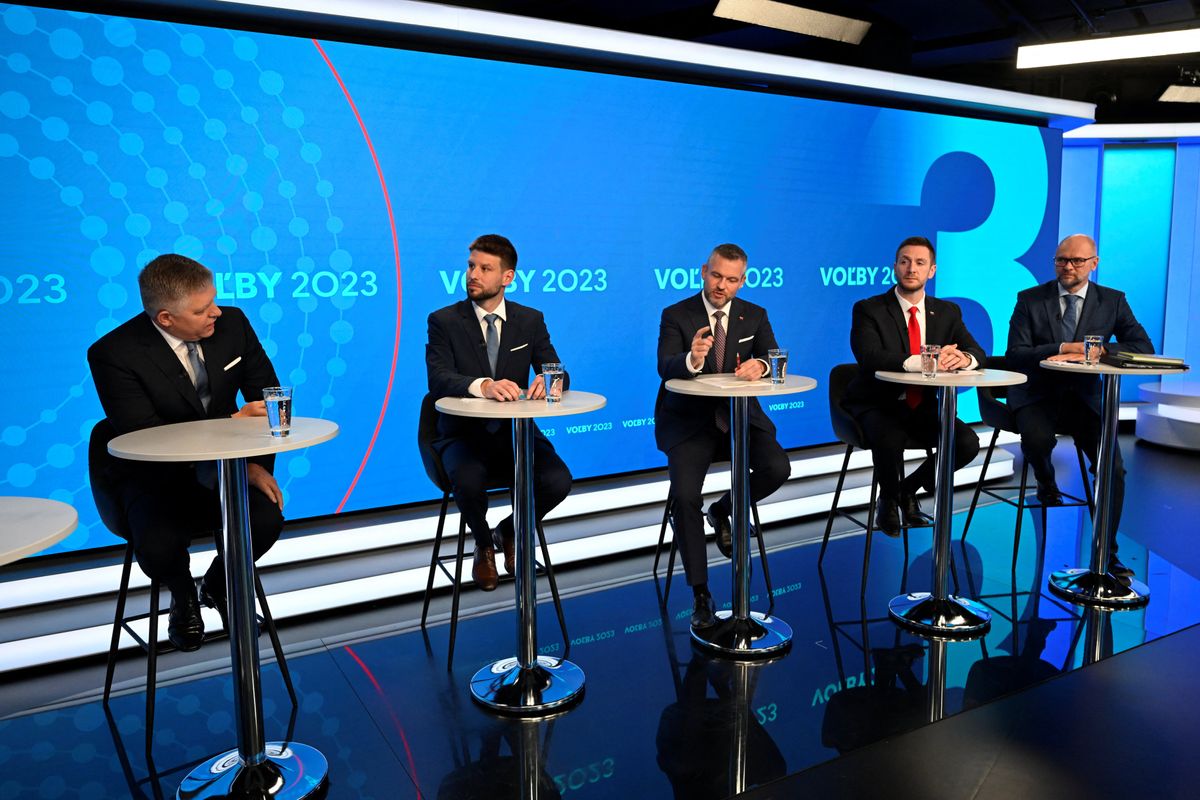On Saturday, Slovaks hit the polls in an election that has Brussels and Washington on edge. The wily left-wing, populist former PM Robert Fico, who wants to end support for neighboring Ukraine and block the country’s accession to NATO and the EU, is running neck-and-neck with the liberal Progressive Slovakia party.
Fico (that’s “FEE-tso” if you want to say it like a Slovak) has served two prior stints as PM. He was ousted in 2018 amid allegations that his associates had murdered an investigative journalist for reporting on corruption. Since then, Slovaks have suffered a succession of weak and unstable caretaker governments.
Fico has surged in the polls in part by playing on Slovaks’ historic pan-Slavic affinity for Russia, which some say has been boosted by recent Russian influence campaigns. He has also pledged to crack down on migration.
Critics and supporters alike think Fico could try to become an “illiberal” European leader in the mold of Hungary’s PM Viktor Orbán. Given the EU’s unanimity requirements for major policy initiatives, a Fico-led government could complicate the union’s future EU expansion initiatives or sanctions against Russia – particularly in a partnership with Budapest.
That said, no matter who wins on Saturday, a fragmented vote means it will be hard to form an ideologically coherent government. That could limit any radical changes under Fico – but could also undermine a liberal government. Still, Fico’s strong showing is already a potential bellwether of cracks in the EU’s Ukraine policy, even among Kyiv’s closest European neighbors.
For more on this: How did Slovakia become an independent country without bloodshed? Read our look back at the unusual “Velvet Divorce” here.



















